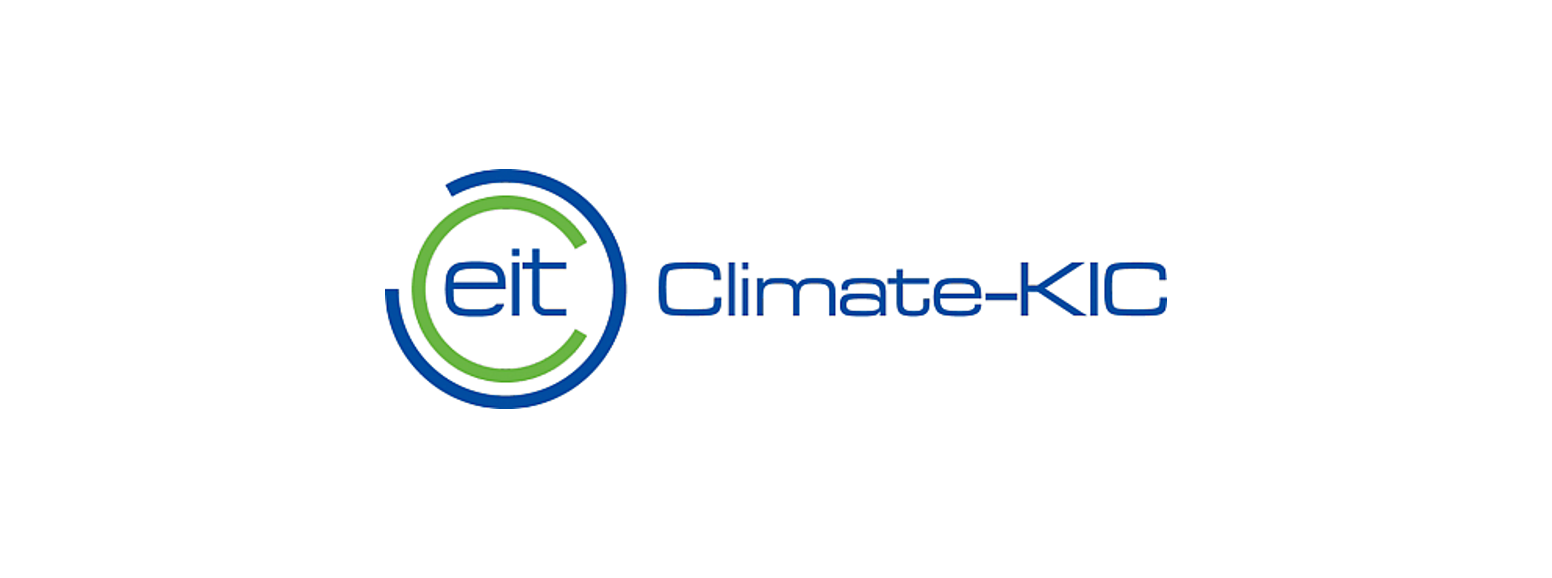TRAINING – COST BENEFIT ANALYSIS FOR URBAN CLIMATE ADAPTIONTA
The Cities Learning Platform launched in 2018 by EIT Climate-KIC empowers cities in improving and better integrating their climate planning with finance planning. Most recently, EIT Climate-KIC, in partnership with the Danish Technical University, Acclimatise and Pannon Pro Innovation Solutions, launched three new modules on Cost Benefit Analysis for Climate Adaptation.
Urban areas are expected to become even more exposed and vulnerable to flooding and other consequences of climate change in the future. However, cost-effective planning of adaptation strategies is very complicated. Cost Benefit Analysis (CBA) is a method that can help decision-makers evaluate adaptation projects and strengthen the basis for making sound investment decisions.
Module one of the Cost Benefit Analysis course is designed to help cities evaluate climate change adaptation measures and this course will introduce participants to key concepts to use when considering city adaptation projects. Urban areas are expected to become even more exposed and vulnerable to flooding and other consequences of climate change in the future. However, cost-effective planning of adaptation strategies is very complicated. Cost Benefit Analysis (CBA) is a method that can help decision-makers evaluate adaptation projects and strengthen the basis for making sound investment decisions. This course will explain what CBA is and how it applies to urban flooding and climate change adaptation. If you are a local government or city official, this will help you identify whether it can be used for your adaptation project.
Module two takes users on a step by step journey on how to use a CBA Climate Adaptation Tool. The course features a real-life CBA case study from Odense, Denmark. The third module is a short tutorial-based course where you will get hands-on practise in using the CBA CA Tool to evaluate adaptation options using a case study from Mumbai, India.
After completing this course, participants will be able to
Outline the different steps in the CBA process for urban flooding and climate change adaptation projects
Describe the main challenges and risks involved
Outline the potential adaptation options that exist for tackling extreme climate events
Explain the role of disaster risk and flood hazard mapping in the CBA process
Outline the different methods used to determine the monetary value of adaptation measure benefits
List the local, national and international sources of finance available to climate change adaptation projects
The two-days training for module 1 will be held in Budapest 9-10th of May 2019 at the National university of Public Service (1083 Budapest, Ludovika tér 2.). Participation is free of charge for a limited number of intersted bodies and needs a registration prior.
For more information please contact Ms Boglarka Lakatos at the e-mail address: boglarka.lakatos(at)ppis.hu




